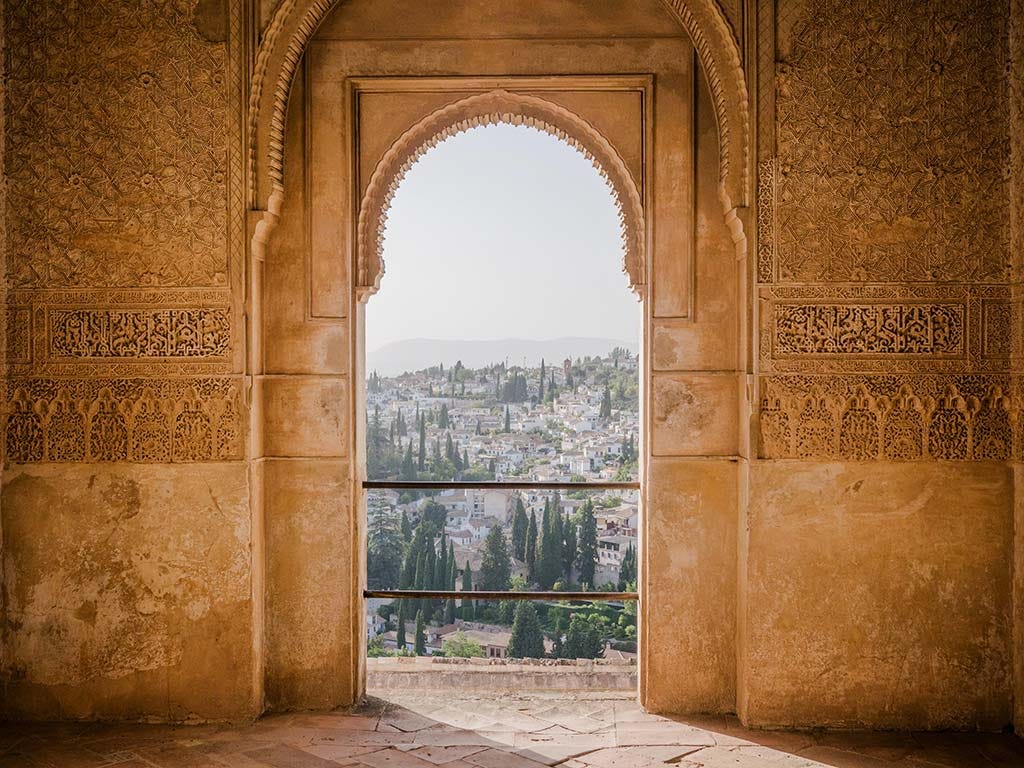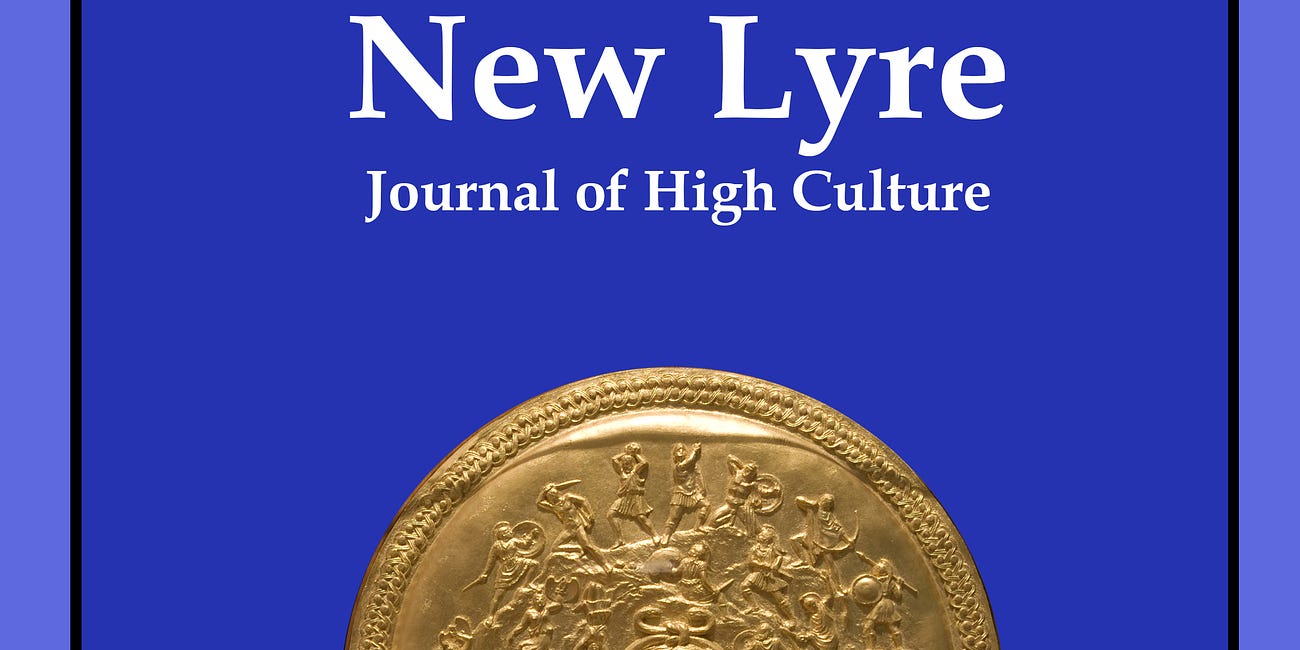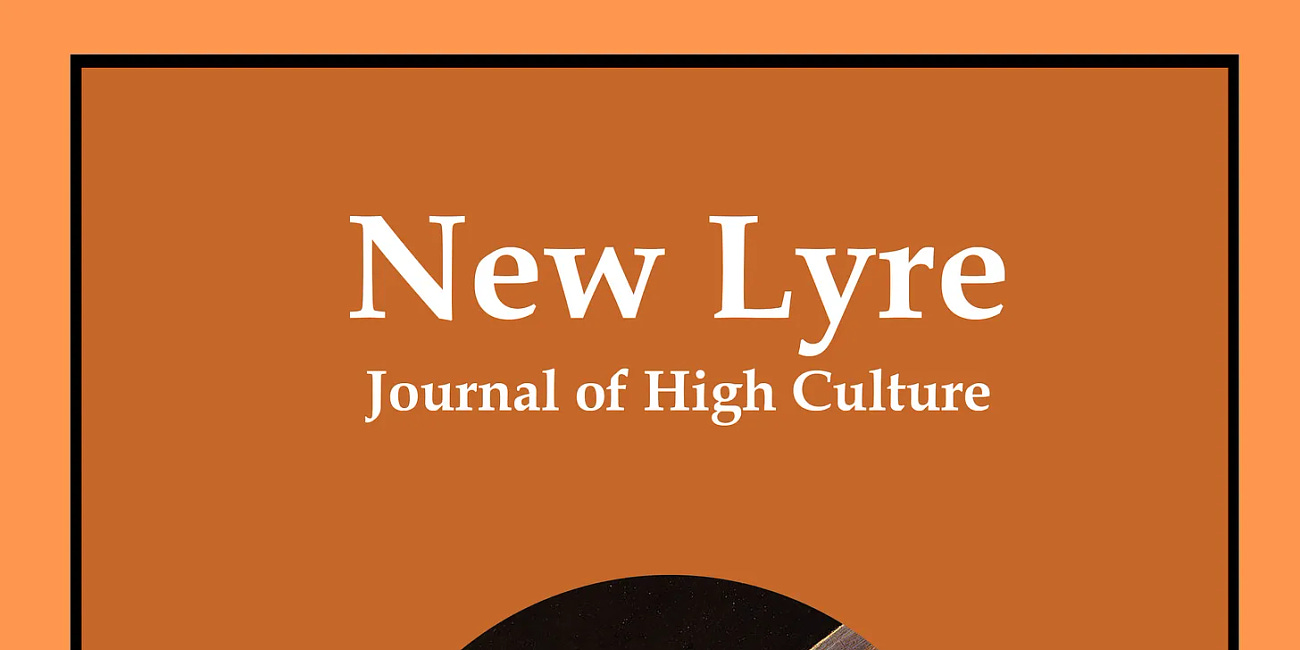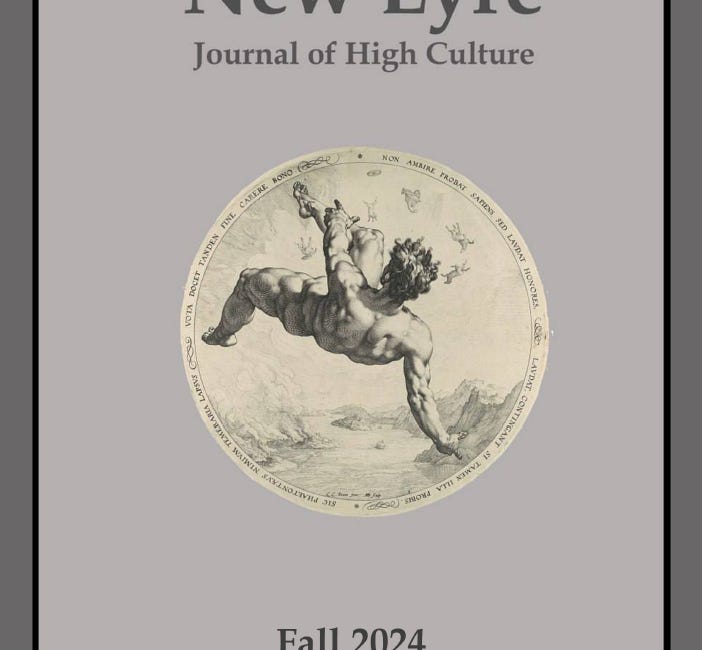After Hanagid
Elaborations on his “Ruined Citadel”
I barracked my mighty battalions for the night
amid these remnants of a former glory,
this crumbling ribcage of an ancient citadel
ransacked by the armies of the past.
My men now seize uneasy sleep
upon its spine and flanks while I lie wide awake
on a nearby hill, gazing down upon the endless
smoking fires, wondering of the former tenants of this place
whose moldered bodies make a mattress for my men.
Where, I whisper to my heart, are they all now?
Where can they have gone, those prodigious
armies of the past, the teeming townsfolk,
the builders and destroyers, the gaudy nobility
and scraping beggars of this city, and all its slaves
and masters? Where have all the mothers gone,
and the swaying lines of mourners, and the fathers
and the sons, the bridegrooms and the bereft?
And where are those who lived on after these,
down through the generations?
Each one of them dwelt first upon the earth
and now dwell deep within it, passing from palace
to grave, transported from all their pleasant courtyards
into dust. And were they all at once to rise up
from this sleep, they’d lay waste to all our lives
and pleasures. For in fact, my soul, this is what lies
in store for me, for me and all my men besides.
*Shmu’el Hanagid, Andalusian Hebrew poet (993-1056)
After Moshe Ibn Ezra
Hebrew Andalusian poet (1055 – after 1138)
Sing me now your song again, jongleur,
for all these melodies consign my griefs to shadow.
And watching as you play, I marvel at the way
your instrument appears to spring as if
from living bone and sinew, so tightly cleaves
the ‘oud’s convexity to all its clever minstrel’s transports
and his slender swaying curvature.
My heart is spellbound by its many courses.
While some you set to vibrate, others
rest in stillness. And I can only marvel
at the flying plectrum’s swift traverse,
the way it, keeping time, will deftly pounce
upon a string and promptly set it free
to throb upon the air, while all your graceful form
enacts the undulations of the song, as if by some
occult concordance of melody and gesture,
as if by some mystic numerology that’s shared
between what’s seen and what is heard,
we’re drawn into the wondrous algebras
made manifest in your performance, the melodies
whose gladness winds about the wounded soul,
caresses like a rippling breeze that whispers
over the face of the deep, shuts tight the doors
of darkness, and opens up to us, your acolytes,
the very mansions of heaven, that we might ascend,
without benefit of any stair, into the blessed realm
of souls and make our way right then and there
away from here, across the rivers of delight.
And hearing you, your hearers’ purest thoughts
radiate so clear that witnesses might even say
the angels of the Lord have cast their spirit down
upon us here, for we afflicted are drawn to join
in joyousness these adepts of the lute and pipe,
in whose company we seek sweet respite
from our weeping. And yet, and yet,
my own laments persist in spite of these delights,
my grief for all those father’s sons who’ve perished
from the earth, and all those other souls beside,
companions driven into exile far and wide.
Translations by D.B. Jonas
DB Jonas is an orchardist living in the Sangre de Cristo mountains of northern New Mexico. His work has appeared widely in journals throughout the US, UK, Europe and Israel. His first collection is titled Tarantula Season and Other Poems.
Read more of D.B. Jonas' poetry below









To my mind Shmuel ha Nagid was one of the greatest poets of all time. He summarized life and its challenges and pleasures as well or better than anyone: "I have nothing in this world except the hour in which I am: it pauses, then like a cloud moves on."
I preferred the second one. Perhaps because its subject was more appealing to me.